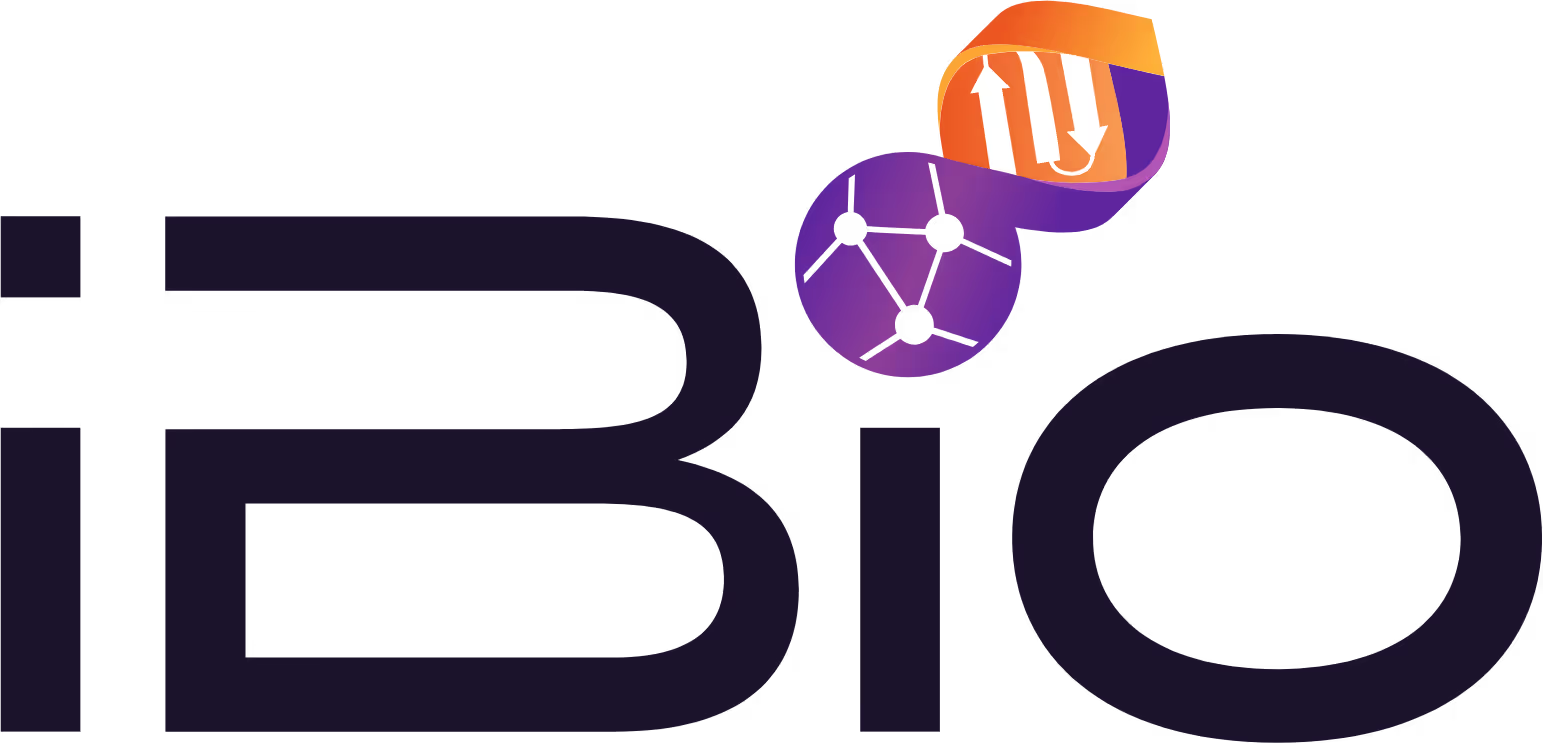We’re advancing antibodies for obesity and cardiometabolic disease
Our programs address gaps in current obesity and cardiometabolic treatments. We use our AI-integrated platform to create development-ready candidates that can move quickly to clinical validation.



Our pipeline strategy
We’re addressing the limitations in current obesity and cardiometabolic treatments, like targeting fat while preserving muscle mass to improve overall patient outcomes and tolerability. We see potential for new antibody therapeutics complementing currently approved GLP-1 receptor agonists, offering benefits like less frequent dosing and fewer side effects.
Therapeutic Candidates
Cardiometabolic
IBIO-610 Activin E Antibody
Partner

STAGE
Cardiometabolic
Myostatin x Activin A Bispecific
Partner

STAGE
Cardiometabolic
IBIO-600 Myostatin Antibody
Partner

STAGE
Cardiometabolic
Amylin Antibody
Partner

STAGE
Cardiometabolic
Target 4
Partner

STAGE
The platform behind our pipeline
Our AI-integrated platform helps us move quickly from target identification to development-ready candidates. Learn more about how we combine computational biology with wet-lab validation.
See our tech
